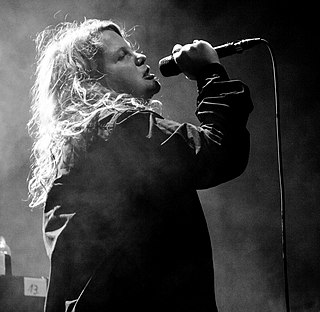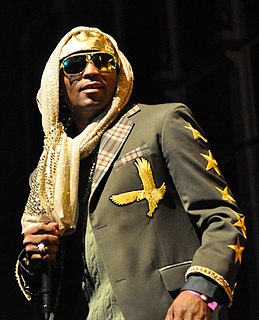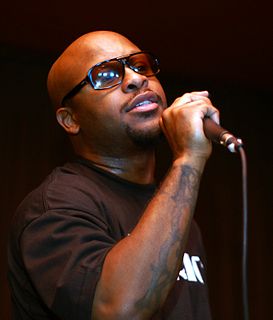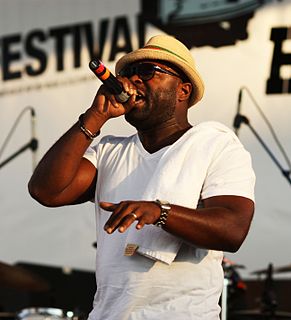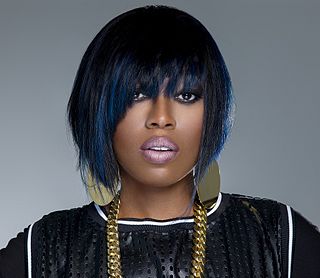A Quote by Kate Tempest
When I began rapping, I only had one form at my disposal. All I had, all I needed was a rhyme verse; sixteen bar, thirty-two bar, whatever it was. If I had an idea it came out as a rhyme. When I challenged myself to think beyond that, my first thing other than a rhyme that I wrote was a play.
Related Quotes
This is what rhyme does. In a couplet, the first rhyme is like a question to which the second rhyme is an answer. The first rhyme leaves something in the air, some unanswered business. In most quatrains, space is created between the rhyme that poses the question and the rhyme that gives the answer - it is like a pleasure deferred.
"Tabernacle" was probably the easiest song I'd ever wrote because all I really had to do was rhyme the words since the whole story, front to back, was already in my head. All I needed to do was verbalize it, and if it didn't have to rhyme I could've just freestyled it because I already knew what I wanted to say.
A glance at the history of European poetry is enough to inform us that rhyme itself is not indispensable. Latin poetry in the classical age had no use for it, and the kind of Latin poetry that does rhyme - as for instance the medieval 'Carmina Burana' - tends to be somewhat crude stuff in comparison with the classical verse that doesn't.
A glance at the history of European poetry is enough to inform us that rhyme itself is not indispensable. Latin poetry in the classical age had no use for it, and the kind of Latin poetry that does rhyme - as for instance the medieval Carmina Burana - tends to be somewhat crude stuff in comparison with the classical verse that doesn't.
In 1967, in DeKalb v. DeSpain, a court (255 F.Supp. 655. N.D.Ill. 1966.) took a 4-line nursery rhyme used by a K-5 kindergarten class and declared the nursery rhyme unconstitutional. The court explained that although the word 'God' was not contained in this nursery rhyme, if someone were to hear the rhyme, he might think that it was talking about God - and that would be unconstitutional!
I was a bar-back, which is the person who cleans the bathrooms at the end of the night in the bar, and a cook. I had kind of given up. I was into backing other people up. Music was something I just did on the side and I don't think I had the energy to pimp myself out, like call people up and ask them to book me to play.
